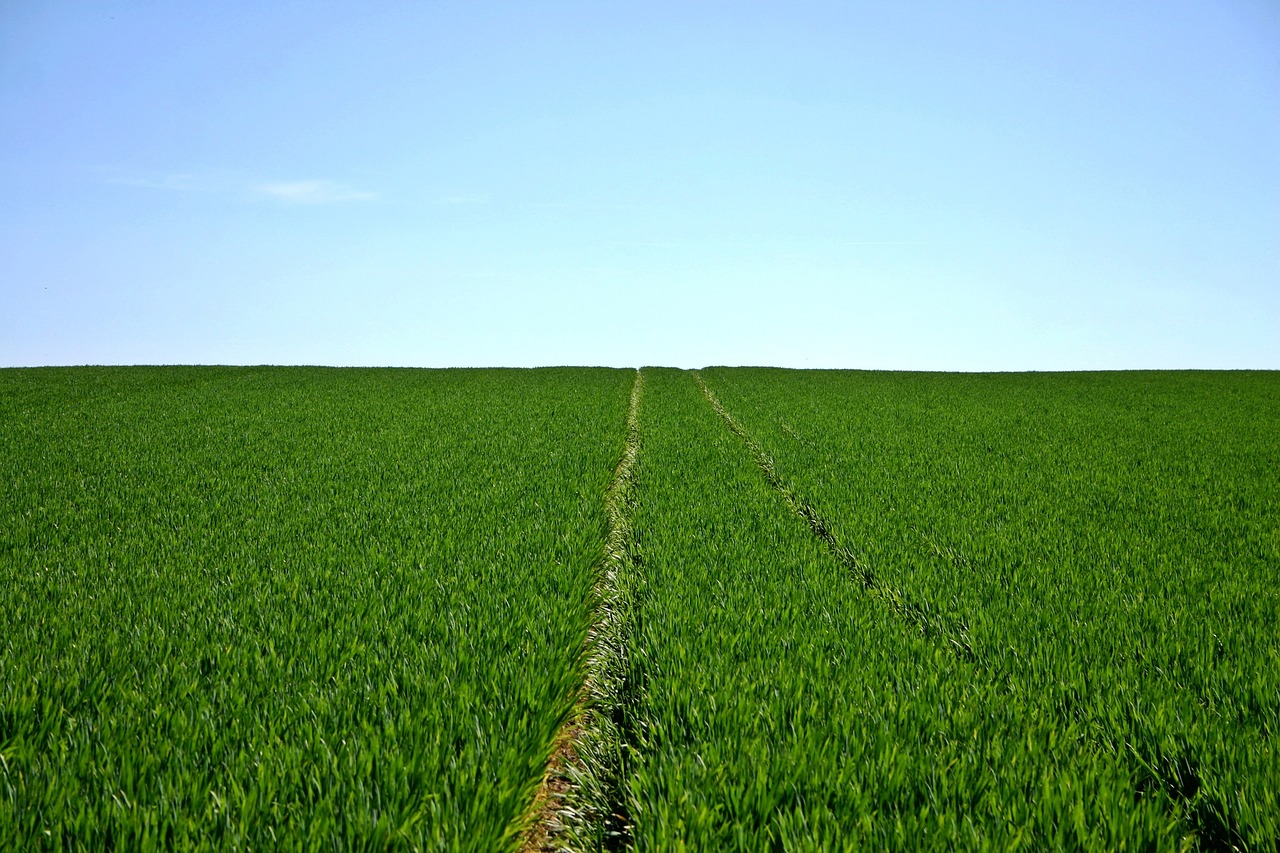
Agriculture is arguably the oldest human industry. Advances in AgTech and foodtech over centuries delivered enough periods of food security to enable the survival of the human race. When new farming technologies and foodtech trends like fertilizers, pesticides,
and advanced irrigation solutions, as well as food storage solutions like canning, created an abundance of affordable food, society was able to progress and focus on wider development.
Despite our massive scientific advances, food security remains fragile - and even elusive. 10% of the world’s population will go to sleep hungry tonight. Malnutrition robs children of their potential and famines still threaten hundreds of millions of people
worldwide. Even rises in the
price of basic food staples can cause chaos and seriously impact social stability. For all our planet’s amazing potential, we face the same life or death food challenges that our ancestors struggled with.
The good news is that we’re already in a new technological revolution. Innovations like artificial intelligence, the internet of things, 5G and 6G, big data, 3D printing, quantum computers are transforming the world at a rate, and on a scale, unprecedented
in human history. Technological innovations are also driving food tech trends in 2024 and powering a new agricultural revolution. For the first time in human history, we may be able to feed the world thanks to novel technologies.
The Sustainable Thinking Driving Food Tech Trends in 2024
We don’t just have a host of exciting new technologies to transform global agriculture. There is a fundamental shift in the thinking behind the use of AI, big data and the Internet of Things in agritech.
The underlying philosophy guiding 21st century food tech trends is sustainability. There is an emphasis on adaptation to challenges like climate change. Agritech and food tech innovators are looking for ways to nurture and improve the environment. This begins
with reducing soil erosion, combating desertification and deforestation, and reclaiming marginal lands.
There is also a strategic push towards
carbon net zero in agriculture and food production, and a growing understanding that we need to reduce strain on major infrastructures (while reducing dependence on the importation of food staples). New technologies and food products are improving the viability
of localized farming and even urban farming. It makes economic, environmental, and strategic sense to grow and produce food close to consumers.
Growers and processors that can integrate circular economies into their operations, with effective recycling, reliance on green hybrid energy grids, and the ability to use local sourcing and create local employment, are well on their way to creating genuinely
sustainable enterprises. They can also drive down operating costs and channel a proportion of their profits back into the communities where they are located.
3 Companies that are Driving and Creating Food Tech Trends
Foodtech and agritech covers a huge variety of products and technologies. A quick look at three top companies gives a useful insight into
important food tech trends in 2024 and the scope of the market.
1. Unilever (LSE: ULVR, NYSE, UL)
Unilever is a British-based multinational that is responsible for some of the world’s most popular food brands. The company has a huge presence and influence across the global food industry and is attempting to drive positive change with its Future Food
Strategy. Unilever is innovating to reduce waste across its own supply chain and packaging, and through consumer education.
Unilever is one of the biggest food producers to see the potential of plant-based ingredients. Unilever R&D is channeling resources into systematically replacing animal-derived ingredients in its food products with vegetable substitutes. The company is also
using new technological processes to reduce salt and sugar content in its food products, without compromising on taste, texture and bite experience. Unilever is a good example of how a multi-billion dollar conglomerate can adapt in response to new food tech
trends and consumer expectations.
2. ICL Group (NYSE: ICL)
ICL Group is not only a leading global specialty minerals company and one of the largest fertilizer manufacturers in the world, but also excels in providing functional ingredient systems that enhance the texture and stability of food and beverage products,
marking its deep commitment to the development of sustainable innovations in food technology. ICL is well-known for its wide range of fertilizers, ag solutions, and its innovations as a materials supplier for smart battery manufacturers. The company also drives
agrifood tech trends through its innovation accelerator Planet Startup Hub. One of the main objectives is to stimulate innovation throughout the agrifood tech sector and contribute to the collective endeavor of achieving the United Nations' Sustainable Development
Goal of Zero Hunger.
They also have a deep background in the mining and production of phosphates– a key ingredient in the food industry– plays a pivotal role not only in enhancing the nutritional value, quality, shelf-life, and safety of food products but also in promoting sustainable
agriculture practices.
3. Beyond Meat (NASDAQ: BYND)
Beyond Meat is a US-based company founded in 2009 by Ethan Brown. Its stated mission is to combat climate change by producing plant-based meat substitutes. Beyond Meat is one of the best-known alternative protein pioneers and initially thrived, with a successful
IPO in 2019. The company grew fast, but has recently scaled back its operations.
Despite 2023 being a tough year, BYND is showing resilience and continuing to invest in new research and development, and is committed to the ongoing development of alternative proteins - and to marketing them as appetizing meat substitute products. Beyond
Meat technology and manufacturing has come a long way since its original line of Chicken Strips. Nonetheless, it faces some major marketing challenges to stimulate public enthusiasm in a society where real meat is relatively cheap and omnipresent.
Food Tech Helps Feed the World
Agriculture and the food industry has an undeserved reputation for being slow to adopt new technologies from science and industry. In 2024, farming and food production is an ultra-high-tech business that is creating superb opportunities to contribute to
the challenges of ending world hunger.